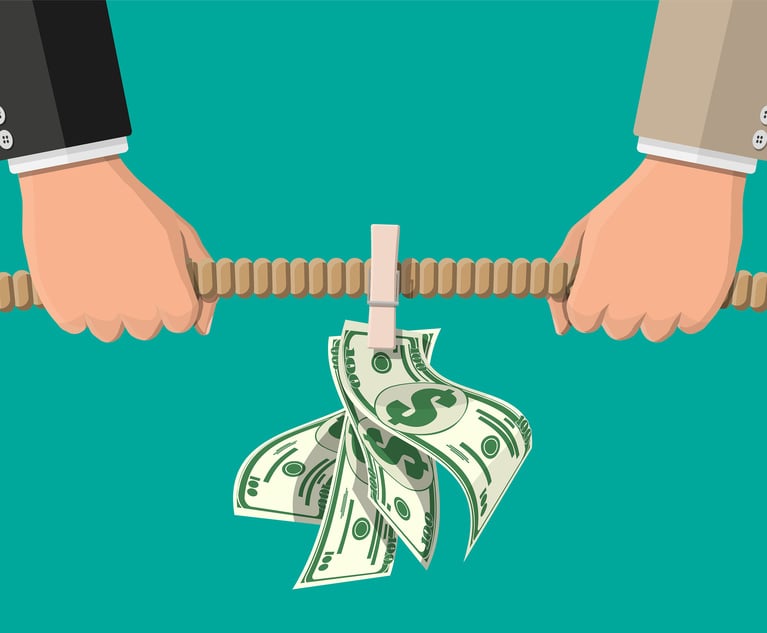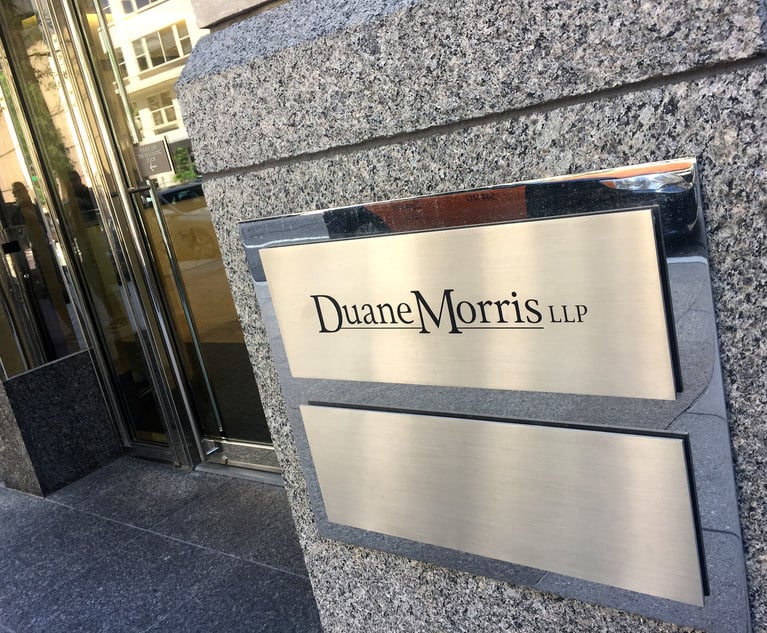Welcome back to Ahead of the Curve. I’m Karen Sloan, legal education editor at Law.com, and I’ll be your host for this weekly look at innovation and notable developments in legal education.
This week, I’m talking with UC Berkeley law Professor Orin Kerr about The Legal Academy, his new weekly YouTube series that looks behind the curtain of law schools and their faculties. Next up, AccessLex Institute is doling out $270,000 in scholarships to some lucky law students who completed the organization’s financial literacy program. And last, I’ve got a few updates on the bar exam including Nevada rolling out the first open-book exam, and Mississippi requiring liability waivers from test takers. Read on and stay safe!









